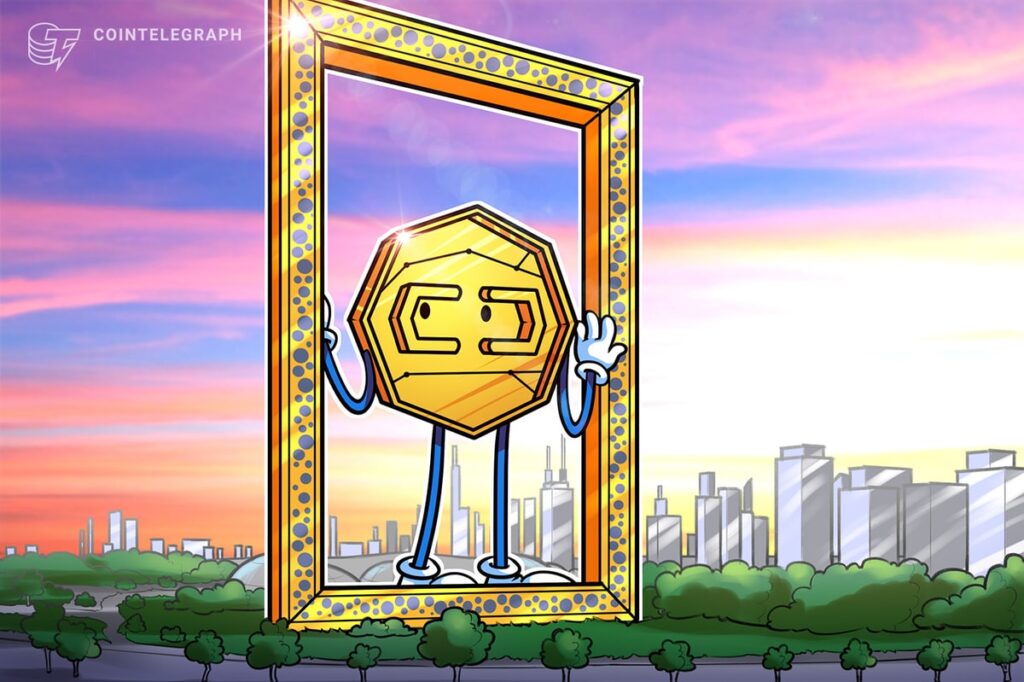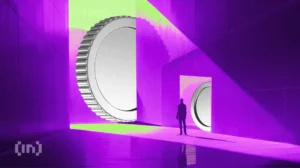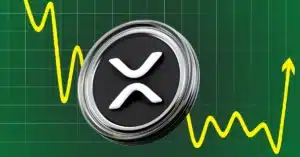The Dubai Financial Regulator has updated the crypto token rules for funds

The Dubai Financial Services Authority (DFSA) has announced amendments to the cryptocurrency token regime to improve and advance the regulatory framework for tokens in the special economic zone.
DFAA is an independent regulator in the United Arab Emirates (UAE) and oversees entities registered in the Dubai International Financial Center (DIFC), one of the country's special economic zones.
On June 3, the DFA said it had revised the crypto token system to reflect changes stemming from Consultation Paper 153, published in January 2024. The amendments addressed several important areas, including investing in crypto tokens and the accreditation process for crypto tokens.
Foreign and domestic funds investing in crypto tokens
As for funds, the amendment has affected the ability to offer units of foreign and foreign funds that invest in known crypto tokens. Previously, the DFA restricted financial transactions involving crypto tokens.
In a recent consultation paper issued by the regulator, financial and asset managers described the regime as very strict. The DFA wrote:
“They expressed the view that the current regulatory regime is too strict, especially the restrictions on foreign funds and foreign funds investing in Crypto Tokens and, for some, the restriction on investing only in recognized Crypto Tokens.”
The changes affect the ability of domestic qualified investors to invest in anonymous tokens. Since the ruling, DFAA has recognized only five crypto tokens: Bitcoin (BTC), Ether (ETH), Litecoin (LTC), XRP (XRP), and Toncoin (TON).
While the regulator believes the accreditation process is necessary, it has also considered the feasibility of allowing local funds to make limited investments in cryptocurrencies as long as the exposure does not exceed 10% of the fund's gross asset value (GAV).
Token recognition fees and stablecoin standards
Prior to the amendments, the token recognition application fee was $10,000 per token. Many of the DFA consider this fee excessive, especially for organizations seeking recognition for multiple tokens. Additionally, some view the process as an “unnecessary burden.”
Based on the feedback, the regulator reduced fees to $5,000 and introduced additional recognition requirements for stablecoins – crypto tokens versus fiat currencies. In its consultation paper, the DFA stressed that these changes do not represent a more lenient stance.
“We emphasize that our proposal does not mean that we will relax our approach, but rather that the DFA will be able to recognize Fiat Crypto Tokens issued in other jurisdictions on a consistent basis,” he wrote.
Related: UAE Agriculture Authority Bans Crypto Mining on Farms: Report
It aims to develop creativity
DFA chief executive Ian Johnston said in a press release that the regulator's aim with the crypto token regime is to “promote innovation in a responsible and transparent manner.” The executive said they are doing this to meet their regulatory objectives. Johnston said:
“At DFAA, we have taken a balanced approach in the development of this regime and are committed to developing it in line with international best practices and standards.”
According to the announcement, the changes reflect market developments, recommendations from international raters and the regulator's regulatory experience.
“Over the past two years, the DFSA has engaged with 100 companies seeking to obtain a license, gaining valuable insights into market dynamics and regulatory needs,” the regulator added.
Magazine: Crypto voters are rocking the 2024 election — and it's set to continue.













